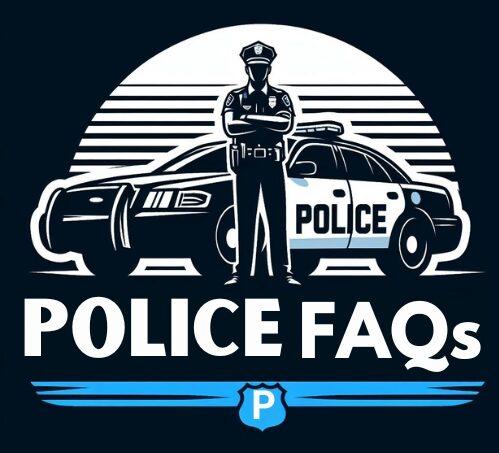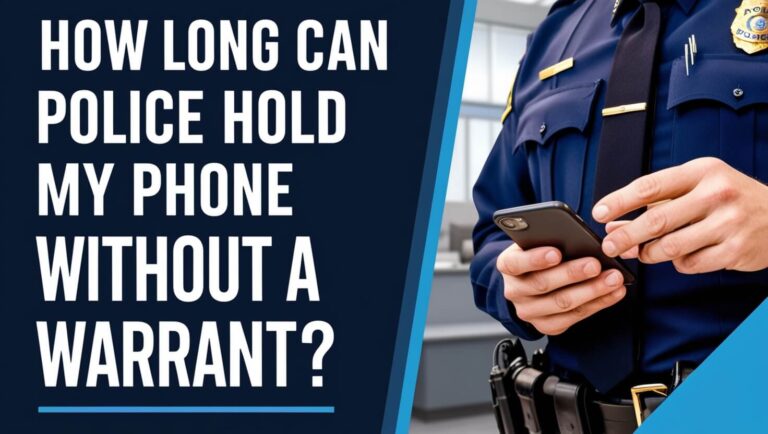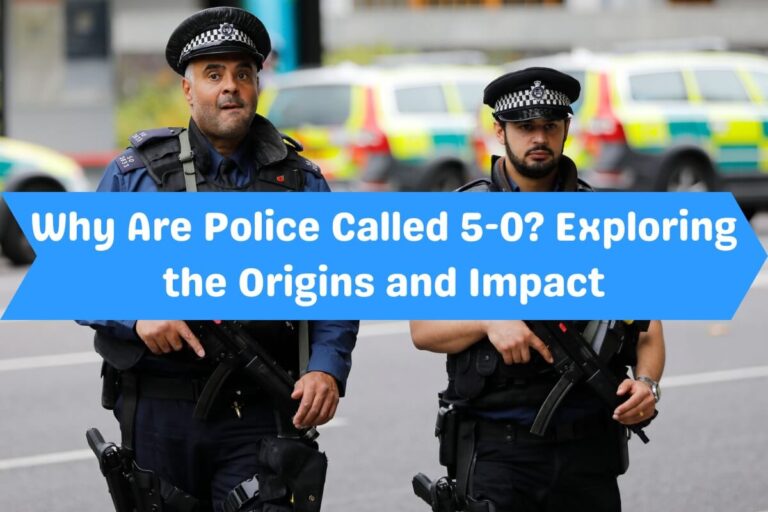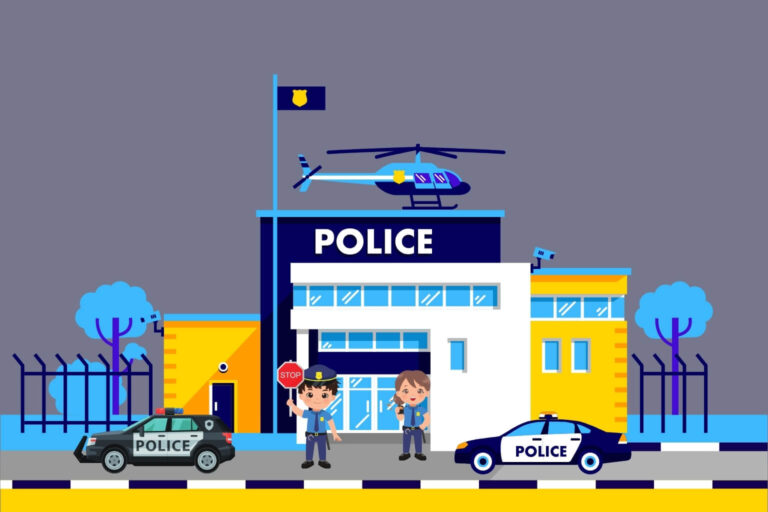Can You Claim Car Accident Without Police Report? What You Need to Know

Yes, you can claim a car accident without a police report in many cases, but it may make the process more challenging. This article will explore the ins and outs of filing a claim without an official police report, including alternative evidence, potential hurdles, and tips for success.
Understanding Car Accident Claims
The Basics of Car Accident Insurance Claims
When you’re in a car accident, filing an insurance claim is often the next step. This process involves notifying your insurance company about the incident and providing details about what happened. Typically, insurers use this information to determine fault, assess damages, and decide on compensation.
The Role of Police Reports in Accident Claims
Police reports serve as neutral, third-party accounts of what happened during an accident. They often include:
- Date, time, and location of the accident
- Names and contact information of involved parties
- Witness statements
- Diagram of the accident scene
- Officer’s observations and conclusions
While valuable, these reports aren’t always necessary for filing a claim.
Filing a Car Accident Claim Without a Police Report
When Is a Police Report Not Required?
You might not have a police report for several reasons:
- Minor accidents with no injuries
- Accidents on private property
- Police didn’t respond to the scene
- You left the scene before police arrived
In these situations, you can still file a claim, but you’ll need to be more proactive in gathering evidence.
Steps to Take If You Don’t Have a Police Report
- Exchange information with the other driver
- Take photos of the accident scene and damage
- Get contact details from witnesses
- Write down your recollection of events
- Report the accident to your insurance company promptly
Gathering Evidence for Your Claim
Documenting the Accident Scene
Without a police report, thorough documentation becomes crucial. Use your smartphone to:
- Take photos of vehicle damage
- Capture the overall accident scene
- Record road conditions and traffic signs
Collecting Witness Information
Witnesses can provide unbiased accounts of the accident. Get their:
- Names
- Phone numbers
- Email addresses
- Brief statements about what they saw
Obtaining Medical Records
If you’re injured, your medical records become vital evidence. Keep track of:
- Doctor visits
- Treatments received
- Medications prescribed
- Medical bills
The Challenges of Claiming Without a Police Report
Proving Fault and Liability
Without an official report, determining who’s at fault can be tricky. You’ll need to rely more heavily on:
- Your own documentation
- Witness statements
- Physical evidence from the scene
Dealing with Insurance Company Skepticism
Insurance companies might be more skeptical of claims without police reports. Be prepared to:
- Provide detailed accounts of the accident
- Submit all available evidence
- Answer additional questions from adjusters
Alternative Documentation for Your Claim
Self-Reported Accident Forms
Many states allow drivers to file their own accident reports. These forms typically include:
- Details about the accident
- Information about all involved parties
- Description of damages and injuries
Check with your local DMV for specific requirements and forms.
Dashcam Footage and Photos
If you have a dashcam, its footage can be invaluable. Other helpful visual evidence includes:
- Photos taken immediately after the accident
- Pictures of your injuries
- Images of property damage
Legal Considerations When Claiming Without a Police Report
State Laws and Reporting Requirements
Each state has different laws about when you must report an accident. Generally, you need to report if:
- There are injuries or fatalities
- Property damage exceeds a certain amount (often $500-$2500)
Familiarize yourself with your state’s specific requirements.
Statute of Limitations for Car Accident Claims
Don’t wait too long to file your claim. Most states have a statute of limitations for car accident claims, typically ranging from 1-6 years. Missing this deadline could mean losing your right to compensation.
How Insurance Companies Handle Claims Without Police Reports
Typical Insurer Policies
While policies vary, most insurers will still process claims without police reports. However, they may:
- Require more detailed information from you
- Take longer to process the claim
- Be more likely to dispute fault
Potential Impact on Your Claim
Claims without police reports might face additional scrutiny. This could lead to:
- Lower settlement offers
- Longer processing times
- Higher likelihood of claim denial
When to Seek Legal Help
Benefits of Hiring a Car Accident Attorney
An experienced attorney can:
- Navigate complex claims processes
- Gather and present evidence effectively
- Negotiate with insurance companies
- Represent you in court if necessary
How a Lawyer Can Strengthen Your Claim
Lawyers know how to build strong cases, even without police reports. They can:
- Interview witnesses
- Obtain expert testimony
- Analyze physical evidence
- Challenge insurance company decisions
Tips for a Successful Claim Without a Police Report
Prompt Reporting to Your Insurance Company
Don’t delay in notifying your insurer. Quick reporting can:
- Preserve evidence
- Demonstrate your commitment to resolving the issue
- Meet policy requirements for timely reporting
Thorough Documentation of Damages and Injuries
Keep detailed records of:
- Vehicle repair estimates and bills
- Medical treatment and expenses
- Lost wages due to the accident
- Any other accident-related costs
Common Mistakes to Avoid When Claiming Without a Police Report
Admitting Fault
Even if you think you might be partially responsible, avoid admitting fault. This could:
- Weaken your claim
- Reduce your potential compensation
- Give the other party’s insurer an advantage
Delaying Medical Treatment
Seek medical attention promptly, even for minor injuries. Delayed treatment can:
- Worsen your condition
- Make it harder to prove the accident caused your injuries
- Give insurers reason to question your claim
The Importance of Uninsured/Underinsured Motorist Coverage
How It Protects You in No-Report Scenarios
Uninsured/underinsured motorist coverage can be a lifesaver when:
- The other driver doesn’t have insurance
- You’re involved in a hit-and-run accident
- The at-fault driver’s insurance isn’t enough to cover your damages
Filing a Claim with Your Own Insurance
When using this coverage:
- Report the accident to your insurer immediately
- Provide all available evidence
- Follow your policy’s specific requirements for these claims
Conclusion: Navigating Car Accident Claims Without Police Reports
While it’s possible to claim a car accident without a police report, it requires extra effort and careful documentation. By following the steps outlined in this guide, you can improve your chances of a successful claim. Remember, thorough evidence gathering, prompt reporting, and seeking professional help when needed are key to navigating this process effectively.
Whether you have a police report or not, the most important thing after an accident is ensuring everyone’s safety and health. Once that’s taken care of, focus on documenting the incident as best you can. With the right approach, you can successfully navigate the claims process and get the compensation you deserve.






